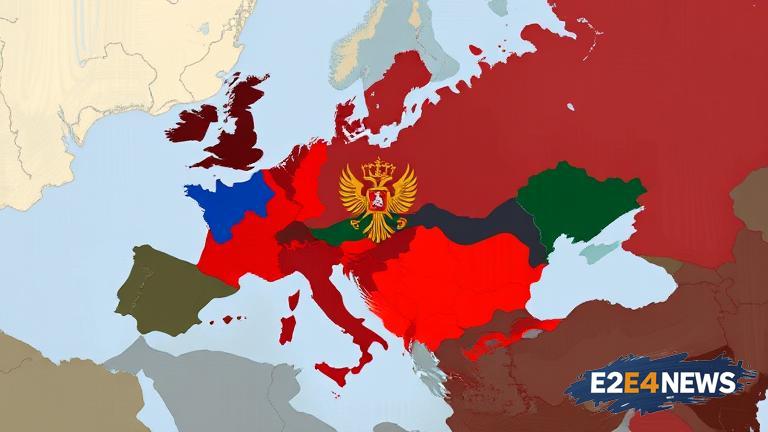The South Caucasus region, which includes countries such as Armenia, Azerbaijan, and Georgia, has become a critical area of competition between Russia and the United States. Russia has been actively working to expand its influence in the region, posing a challenge to US interests. The region is strategically located, bordering both Europe and the Middle East, and is home to significant energy resources. Russia has been using a combination of economic, military, and diplomatic means to increase its presence in the region. One of the key ways Russia has been expanding its influence is through its support of separatist movements in the region. For example, Russia has been providing military and economic support to the breakaway regions of Abkhazia and South Ossetia in Georgia, as well as the Nagorno-Karabakh region in Azerbaijan. This support has allowed Russia to exert significant control over these regions, which has undermined the sovereignty of the countries in which they are located. Russia has also been using its economic leverage to increase its influence in the region. For example, Russia is the largest trading partner of Armenia, and has significant investments in the country’s energy sector. Additionally, Russia has been working to increase its military presence in the region, with a significant number of troops stationed in Armenia and Georgia. The US has been working to counter Russia’s influence in the region, through a combination of diplomatic and economic means. For example, the US has been providing significant economic and military aid to Georgia and Azerbaijan, in an effort to help them counter Russian influence. The US has also been working to promote regional cooperation and stability, through initiatives such as the South Caucasus Security Forum. Despite these efforts, Russia’s influence in the region remains significant, and poses a challenge to US interests. The US will need to continue to work to counter Russian influence, through a combination of diplomatic, economic, and military means. The region is also home to significant energy resources, including oil and natural gas, which are critical to the global economy. The US has been working to promote the development of these resources, through initiatives such as the Southern Gas Corridor. However, Russia has been working to undermine these efforts, through its support of alternative energy projects. The competition between Russia and the US in the South Caucasus is likely to continue, with significant implications for the region and the world. The US will need to continue to work to promote its interests in the region, while also working to counter Russian influence. This will require a combination of diplomatic, economic, and military efforts, as well as a commitment to promoting regional cooperation and stability. The South Caucasus region is a critical area of competition between Russia and the US, with significant implications for the global economy and security. The US will need to continue to work to promote its interests in the region, while also working to counter Russian influence. The region is home to significant energy resources, and is strategically located, bordering both Europe and the Middle East. The US has been working to promote the development of these resources, while also working to promote regional cooperation and stability. Russia’s influence in the region poses a challenge to US interests, and the US will need to continue to work to counter this influence. The competition between Russia and the US in the South Caucasus is likely to continue, with significant implications for the region and the world.
